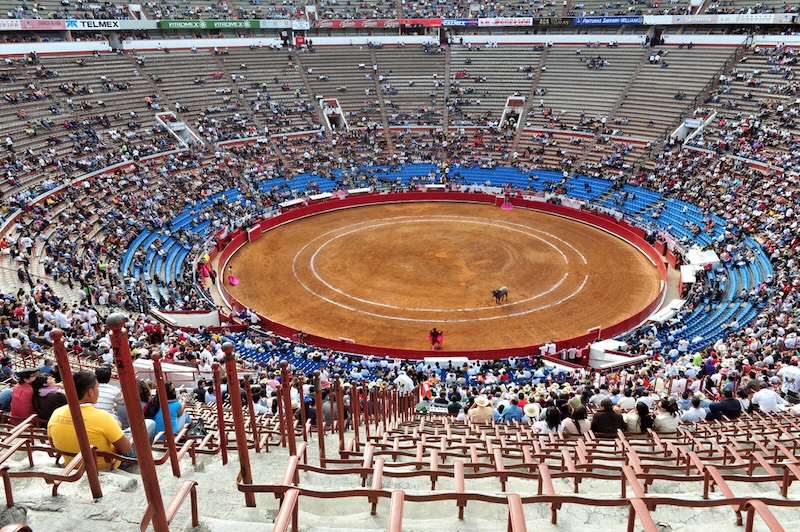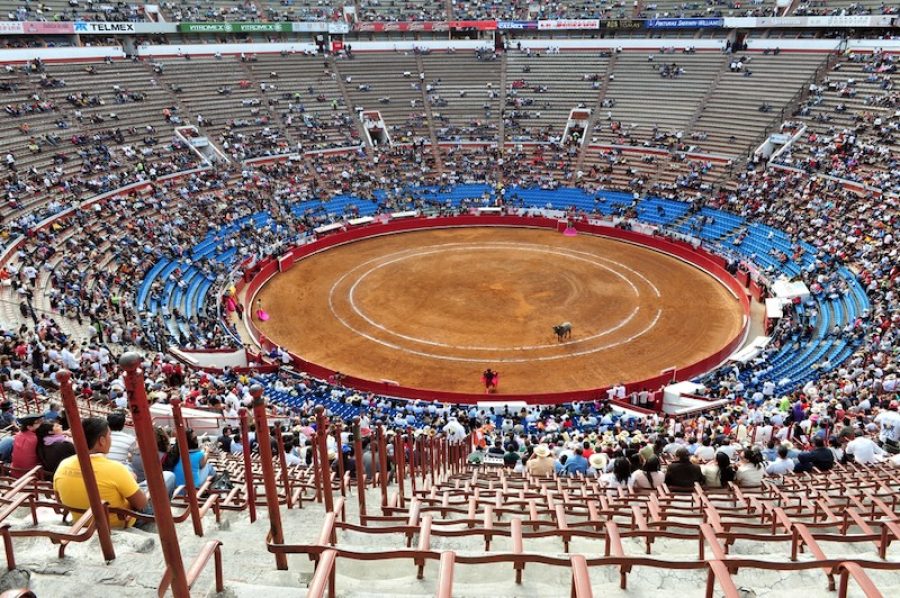A treasured Mexican sport gets a new look as Mexico City lawmakers voted overwhelmingly on Tuesday to ban violence in bullfighting, the move met by approval from animal welfare activists but outrage for aficionados, reports US outlet CBS News.
In a 61-1 vote, legislators adopted an initiative dubbed “bullfighting without violence,” aimed at reducing suffering and ending death in the sport. It prohibits the killing of bulls as well as the use of sharp objects that could injure the animals, and sets time limits on how long bulls can be in the ring. While proponents expressed outrage, animal rights advocates celebrate the partial victory.
Sofía Morin, an animal rights activist who led the efforts to outlaw the sport, told CBS News “It was either this or nothing. We prefer this because, without a doubt, it’s a huge step in protecting animals.” Activists can only hope that this compromise proves more durable than the 2022 ban which was overturned by Mexico’s Supreme Court a year later without explanation.
Mexico City hosted its first bullfight nearly 500 years ago, with the sport enjoying widespread popularity for much of its history. Recent years have seen public opinion in the city and beyond sour on traditional bullfighting, however. Mexico is one of just seven countries – along with Spain, France, Portugal, Venezuela, Peru and Ecuador – where bullfighting is still legal. Some cities in Spain, the birthplace of bullfighting, have outlawed the practice and a 2016 Ipsos poll found that only 19 percent of adult Spaniards actively supported the sport.
[See more: Mexico’s Carlos Ortiz wins the International Series Macau]
Some la fiesta brava fans pushed back on the law, saying their support for bullfighting is “a point of pride” while others wrote off the violent deaths of fighting bulls as part of their “nature” as “beasts.” Around 180,000 bulls are killed in bullfighting every year, according to animal rights groups, who note the brutal, torturous nature of those deaths.
“We cannot tell the world that killing living and sentient beings for entertainment is culture,” Colombian President Gustavo Petro said in a speech after signing his country’s ban last year. “That kind of culture of killing an animal for entertainment would also lead us to killing human beings for entertainment because we are also animals.”
The ban in Colombia doesn’t go into full effect until 2027 but many argue that, even with the transition period, the ban jeopardises the livelihoods of everyone in the sector, from matadors to event promoters to the ranchers who raise the bulls. The National Association of Breeders of Fighting Bulls in Mexico took a similar tack in response to the Mexico City ban, noting that the sport generates 80,000 direct jobs and 146,000 indirect jobs and around US$400 million annually.
Green Party lawmaker Jesús Sesma acknowledged the anger some might feel while undercutting the economic argument. “To those families who feel frustrated today, we’re here to say that no one lost their job,” he said in a speech before the city congress. “There was a middle ground to continue with these bullfighting spectacles, but now without violence.”






